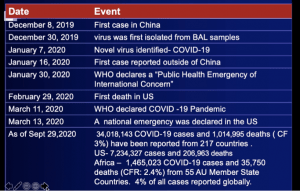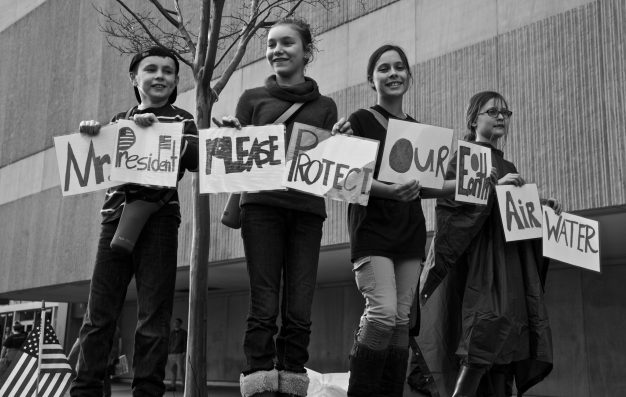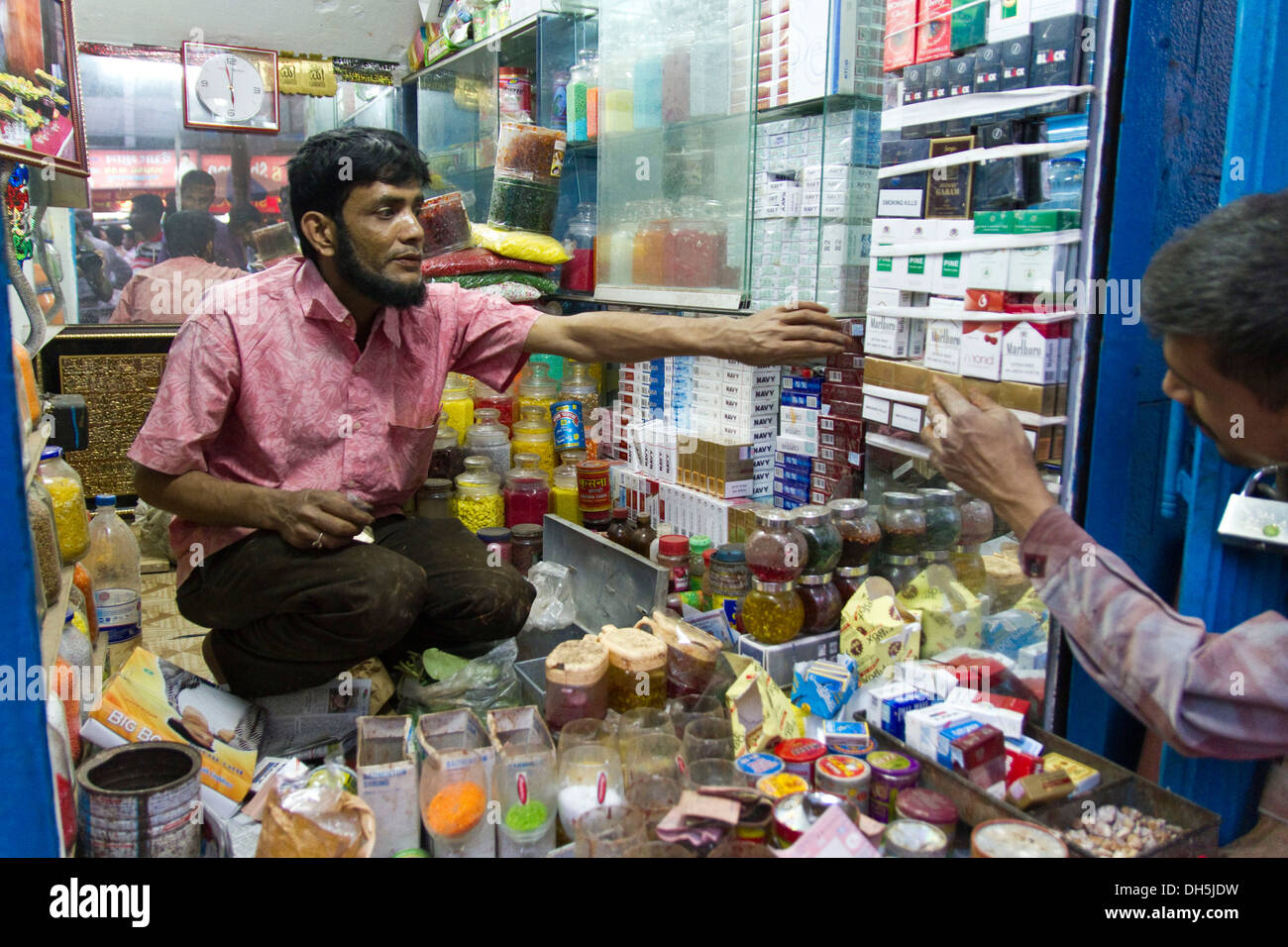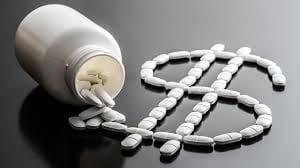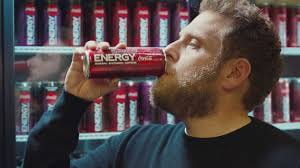The COVID-19 pandemic and the effort to contain the reach of the coronavirus has highlighted the significance of social contact in our everyday lives. In response, compromises have been made in employment, travel, education, entertainment, transportation, and nearly every sector of our lives. Many people have had to grapple with unexpected losses of jobs, with entire industry’s, such as delta, being forced to lay off a large number of its workforce. Many Americans are finding themselves losing their job or livelihood through no fault of their own, and still having to worry about costs of living, including potential medical expenses, which they may no longer have insurance to cover. One of the most important compromises people are having to make is social distancing. This protocol is required to limit close face to face contact with others and proves the best way to reduce the spread of the virus while we do not have a vaccine available. Quarantine protocols are being used to keep those who may be infected/exposed to COVID-19 away from others. The idea behind the quarantine protocol is that it prevents the spread of disease before the person knows they are sick, which in the case of COVID-19, can occur before the onset of symptoms. Isolation protocol is being used to keep someone who is infected away from others.

You may still be asking yourself “Who needs to quarantine?”
- Quarantine is for those who have been in CLOSE CONTACT (within 6 feet for 15 minutes) with some who tested positive for COVID-19.
- This excludes those who had tested positive within the last 3 months.
- People who have tested positive for COVID-19 do not need to quarantine.

 Many Americans are finding themselves needing to develop new ways to destress during isolation. How about a guide to tolerate distress and uncertainty during these times? The Book “Tolerance for Uncertainty: A COVID-19 Workbook“, is full of daily activities that will help you remain in control of your life despite not knowing what lies ahead. The book will provide you with tools you can use to manage stress, such as healthy coping ideas, a daily planner, sleep hygiene tips, and common coping pitfalls. One of the main takeaways you should derive from this book, and many others is that yes humans are susceptible to many different infectious diseases, as we have seen during this COVID-19 pandemic, and worrying about infection is a normal human reaction. Although, excessive worrying about disease infection can affect both our physical and our mental health.
Many Americans are finding themselves needing to develop new ways to destress during isolation. How about a guide to tolerate distress and uncertainty during these times? The Book “Tolerance for Uncertainty: A COVID-19 Workbook“, is full of daily activities that will help you remain in control of your life despite not knowing what lies ahead. The book will provide you with tools you can use to manage stress, such as healthy coping ideas, a daily planner, sleep hygiene tips, and common coping pitfalls. One of the main takeaways you should derive from this book, and many others is that yes humans are susceptible to many different infectious diseases, as we have seen during this COVID-19 pandemic, and worrying about infection is a normal human reaction. Although, excessive worrying about disease infection can affect both our physical and our mental health.
Don’t have time to read a book, here are some more takeaways from the book.
- Get informed with the right information –
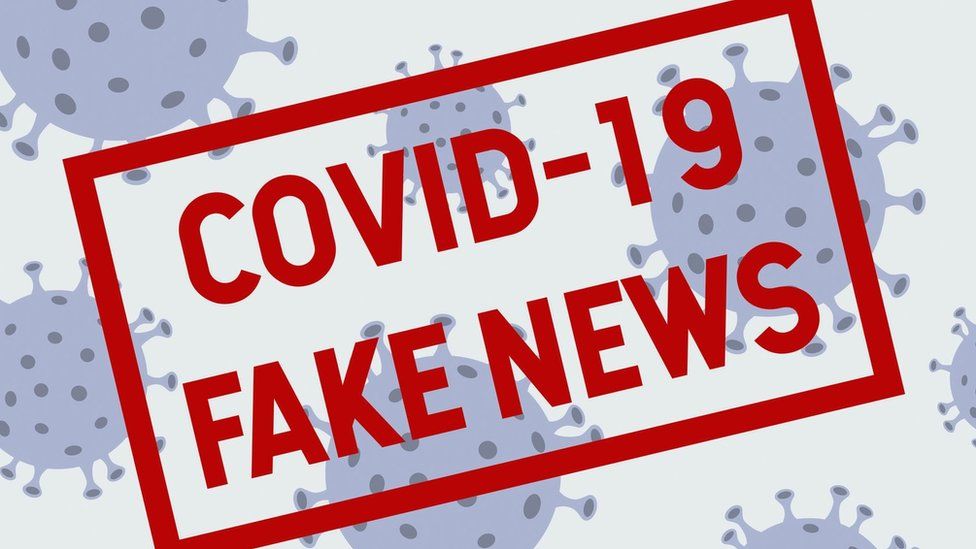 Ensure you are accessing trusted sources for all COVID-19 and health-related information. (CDC, State Health Department, World Health Organization). There are many sources and research articles available on the internet, ensure that you are receiving your information from a trusted source to prevent spreading misinformation. Start with the CDC website, it offers simple guidelines such for every COVID-19 related such as how to know which kind of mask to purchase, what to be cautious of when you leave the house, and of course signs and symptoms of COVID-19
Ensure you are accessing trusted sources for all COVID-19 and health-related information. (CDC, State Health Department, World Health Organization). There are many sources and research articles available on the internet, ensure that you are receiving your information from a trusted source to prevent spreading misinformation. Start with the CDC website, it offers simple guidelines such for every COVID-19 related such as how to know which kind of mask to purchase, what to be cautious of when you leave the house, and of course signs and symptoms of COVID-19 - Understand History – Understand outbreaks like COVID-19 follow a predictable and studied path, Public Health professionals are on the case just like they have been in all the international outbreaks going 50 years back. The human race has endured outbreaks of cholera, the black death, the Spanish flu, ebola, HIV, all of which we have learned from. Remember there is no vaccine made widely available for COVID-19 yet, once it has been made widely available we will start to see cases drop and the pandemic come to an end.
- Balance your thoughts – thinking about whether you’ve been exposed or work in an environment where there is a risk of infection can become negative quickly. Challenge your thoughts, ask yourself what evidence you have that won’t allow you to cope. Whenever you generate a negative thought, counter it with a realistic though.
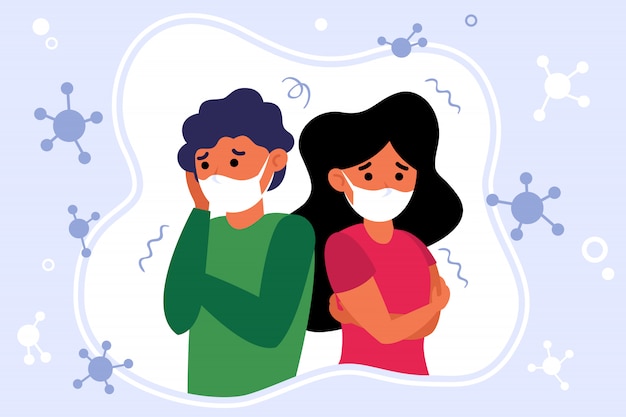
- Shut down the noise – Allow yourself to tune out the world, especially the media, news, and even the radio, for a portion of your day. Remember stress is infectious. A lot of information is circulating about COVID-19, some fo it is true, some of it may be misinformation.
- Remember who you are – during times of high stress, we may tend to act in ways that challenge our values. Remember other people are stressed as well, try to care for others in a kind and sensible way. Your response to the stress of the COVID-19 pandemic depends on many factors such as your history, social support system, your personal financial situation, of course, your health, and your emotional background and community you live in.
Remember quarantine and isolation protocols are vital to containing this outbreak before we have a vaccine available. However, be aware that social isolation carries a long-term and immediate risk to your health. Plenty of evidence has been published, linking social isolation to an increase in mortality from all causes, as well as increased morbidity in physical health outcomes. humans are a social species, that is why many Americans are ex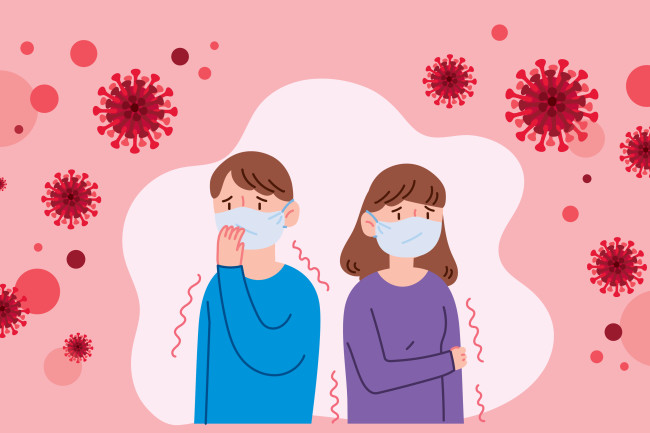 periencing increased stress due to social distancing. The immediate effects of this stress have been reported, with mental health, substance abuse, and domestic violence. all experiencing a surge. Both long term and short term public health concerns will emerge if adequate steps are not taken to reduce the burden. Seeking assistance from an abusive situation can be difficult for many people for a number of people, such as a lack of finance, no support system, or fear. To add, during the COVID-19 crisis, an additional economic crisis has been triggered, making it even more challenging for victims to seek help or leave. Remember to check in on your family members and friends. Remember that stress related to COVID-19 social isolation can increase susceptibility to substance misuse, addiction, and relapse. Remember a number of resources are now available to help. Remember a number of people are susceptible to the COVID-19 pandemic in many ways. During the remainder fo this crisis, try to be sensitive to those suffering from COVID-19 related stress and show support where you can.
periencing increased stress due to social distancing. The immediate effects of this stress have been reported, with mental health, substance abuse, and domestic violence. all experiencing a surge. Both long term and short term public health concerns will emerge if adequate steps are not taken to reduce the burden. Seeking assistance from an abusive situation can be difficult for many people for a number of people, such as a lack of finance, no support system, or fear. To add, during the COVID-19 crisis, an additional economic crisis has been triggered, making it even more challenging for victims to seek help or leave. Remember to check in on your family members and friends. Remember that stress related to COVID-19 social isolation can increase susceptibility to substance misuse, addiction, and relapse. Remember a number of resources are now available to help. Remember a number of people are susceptible to the COVID-19 pandemic in many ways. During the remainder fo this crisis, try to be sensitive to those suffering from COVID-19 related stress and show support where you can.
People who may struggle with stress during the COVID-19 crisis include:
- People with underlying medical conditions.
- Youth
- Those caring for family members and loved ones
- Frontline Healthcare providers and first responders
- Food industry workers
- People with already existing mental health complications
- Those who use substance/ have a substance use disorder
- Those experiencing major changes in their employment
- People with developmental disabilities
- Those who are socially isolated from others, such as those in rural areas
- Racial and ethnic minority groups
- People who are currently or find themselves in homelessness

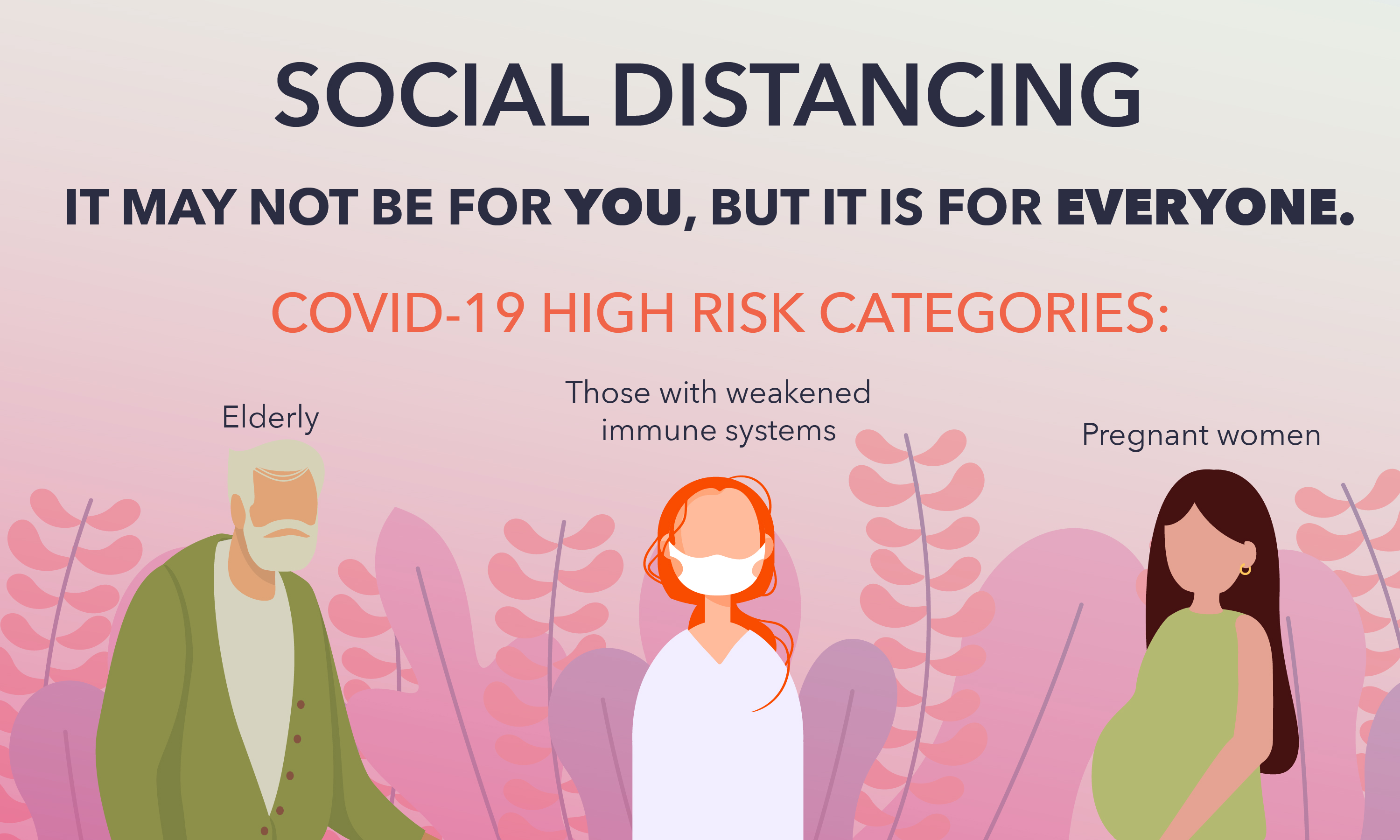 Tags:
Tags: (https://www.bbc.com/news/world-africa-53998374)
(https://www.bbc.com/news/world-africa-53998374)







